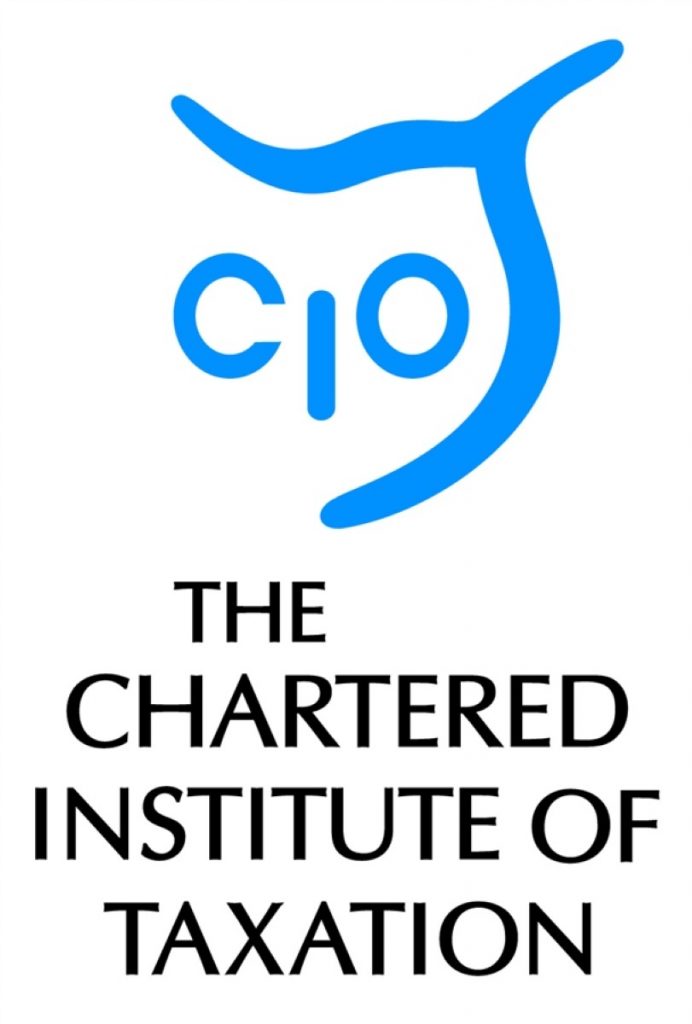Debt recovery proposals will hit the vulnerable, say campaigners
LITRG has published its comments in response to the Government’s consultation on Direct Recovery of Debt, which concluded today.
LITRG Chairman Anthony Thomas commented:
“We have no sympathy with those who can well afford to pay their tax debts in full and on time but who wilfully refuse to do so. We support HMRC’s existing power to satisfy a debt by taking money from a debtor’s bank account, under the supervision of a judge. This is proportionate and balanced by a robust and crucial safeguard – the independent oversight of the courts.
“The power now sought by HMRC proposes to oust the jurisdiction of the court, and in its place offers ‘safeguards’ which are really little more than internal checks. HMRC have complained that courts move slowly and are costly, but the department should not be allowed to help itself in preference to other creditors.
“It is deeply disturbing that recipients of tax credit overpayments, a group already vulnerable to administrative error, are to be included in the list of debts in respect of which the proposals may be applied. Errors, which are bound to occur in many such cases, could force choices upon these debtors about whether to heat their homes or go hungry, particularly where any remaining funds in the bank account are already earmarked (for example, to pay a carer of a disabled debtor) or to pay other pressing creditors.
“We are unclear how HMRC will distinguish between the ‘can’t pay’ and ‘won’t pay’ groups. The alleged debtors will range between those who would pay but have short-term financial problems, to those with long-term financial problems who may never be able to pay, whereas the latter (who are HMRC’s legitimate targets) are those who flatly refuse to or deliberately avoid contact with HMRC. Any mistake could result in a vulnerable taxpayer being wrongly targeted, likely causing extra stress and financial damage to them as a consequence.
“It is also unclear what safeguards will protect the debtor against mistakes by banks or deposit takers called upon by HMRC under the proposed power, and what compensation would be payable for such errors.”
Notes for editors:
1. LITRG’s response to HMRC’s consultation can be accessed here.
2. HMRC’s consultation, Direct Recovery of Debts, can be accessed here.
3. The Low Incomes Tax Reform Group (LITRG)
LITRG is an initiative of the Chartered Institute of Taxation to give a voice to the unrepresented. Since 1998 LITRG has been working to improve the policy and processes of the tax, tax credits and associated welfare systems for the benefit of those on low incomes.
4. The Chartered Institute of Taxation (CIOT)
The CIOT is the leading professional body in the United Kingdom concerned solely with taxation. The CIOT is an educational charity, promoting education and study of the administration and practice of taxation. One of our key aims is to work for a better, more efficient, tax system for all affected by it – taxpayers, their advisers and the authorities. The CIOT’s work covers all aspects of taxation, including direct and indirect taxes and duties. Through our Low Incomes Tax Reform Group (LITRG), the CIOT has a particular focus on improving the tax system, including tax credits and benefits, for the unrepresented taxpayer.
The CIOT draws on our members’ experience in private practice, commerce and industry, government and academia to improve tax administration and propose and explain how tax policy objectives can most effectively be achieved. We also link to, and draw on, similar leading professional tax bodies in other countries. The CIOT’s comments and recommendations on tax issues are made in line with our charitable objectives: we are politically neutral in our work.
The CIOT’s 17,000 members have the practising title of ‘Chartered Tax Adviser’ and the designatory letters ‘CTA’, to represent the leading tax qualification.





-01.png)